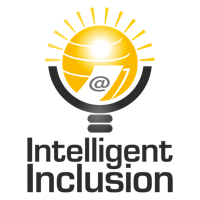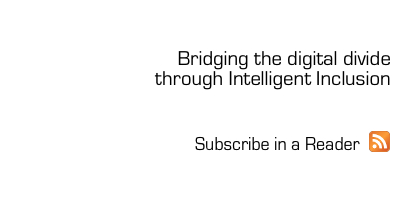
Being born and raised in Brazil, I have always witnessed the damaging effects of the lack of proper education for the majority of the population. Here, unfortunately, public schools are not good, with few exceptions. If you want to provide your kids with a decent education, be ready to place them in private schools and dedicate a large part of your monthly budget to cover for the education fees. This is also a reality in almost all other countries in Latin America and Africa. These issues were well known, but recently things are getting worse.
Let’s get Brazil as an example. Our country did an admirable job in managing the economy over the last 15 years. From the 10th largest economy in 2000, now it is the 6th, quadrupling the GDP in the period. Even in the deepest parts of the crisis, we managed to keep a reasonable growth, and that led to a demand for qualified professionals. Now we are facing a shortage of qualified professionals, and the young people joining the workforce are demonstrating the limitations of our educational system. Grammar is a disaster, most of them speak and write incorrectly; math and sciences are even worse. Processes, rules and guidelines are not easily accepted, and a lot of attention from the supervisors is demanded.
And this is an area that the Internet can help us significantly. Renting and providing space for training classes is getting more expensive. Teachers are not properly compensated, and less and less people are interested in the career. So, new and creative ideas are necessary. And, as the old saying here, a need is the mother of all inventions. There comes Salman Kahn, a Bangladeshi American that graduated at both MIT and Harvard Business School. By deciding that providing high quality education to everybody was necessary, he created a series of video-lectures in YouTube, teaching mathematics, physics, chemistry and many other topics. What started as an ingenious way to help his cousin, his video-lectures evolved to over 3,100 videos with more than 160 million views: the khanacademy. He is now backed by Bill Gates, Google, Fundação Lemann, and his videos are being translated to Portuguese, Hindi, Spanish, Hebrew, Japanese, Arabi, and many other languages. I have seen his videos with my kids, and they are excellent.
But we need to make this initiative, and many more, available to as many people as possible. Without digital inclusion, we deny these opportunities to the people that need it the most. Bringing people online is just the initial step, but it must be done. We also need to consider adapting the content, as many of the new digital immigrants will be using mobile phones as their primary connection.
And you, have you used the services? Do you know of similar initiatives in other countries?
Cheers,
Caetano Notari
Recommended additional reading
What is the status of global digital inclusion – global data showing the current numbers on digital inclusion
Why is digital inclusion essential? – quick analysis in the importance of digital inclusion


{ 2 comments… read them below or add one }
I just started a petition on the White House petitions site about the digital divide, Will you sign it? http://wh.gov/vLeh
Hi,
That is just the type of push that we need to do, and spread the word. Just a quick confirmation, as I am a non-US resident, can I sign it? I will contact you by email, I would like to make my next post supporting this petition.
BR,
Caetano
You must log in to post a comment.
{ 2 trackbacks }